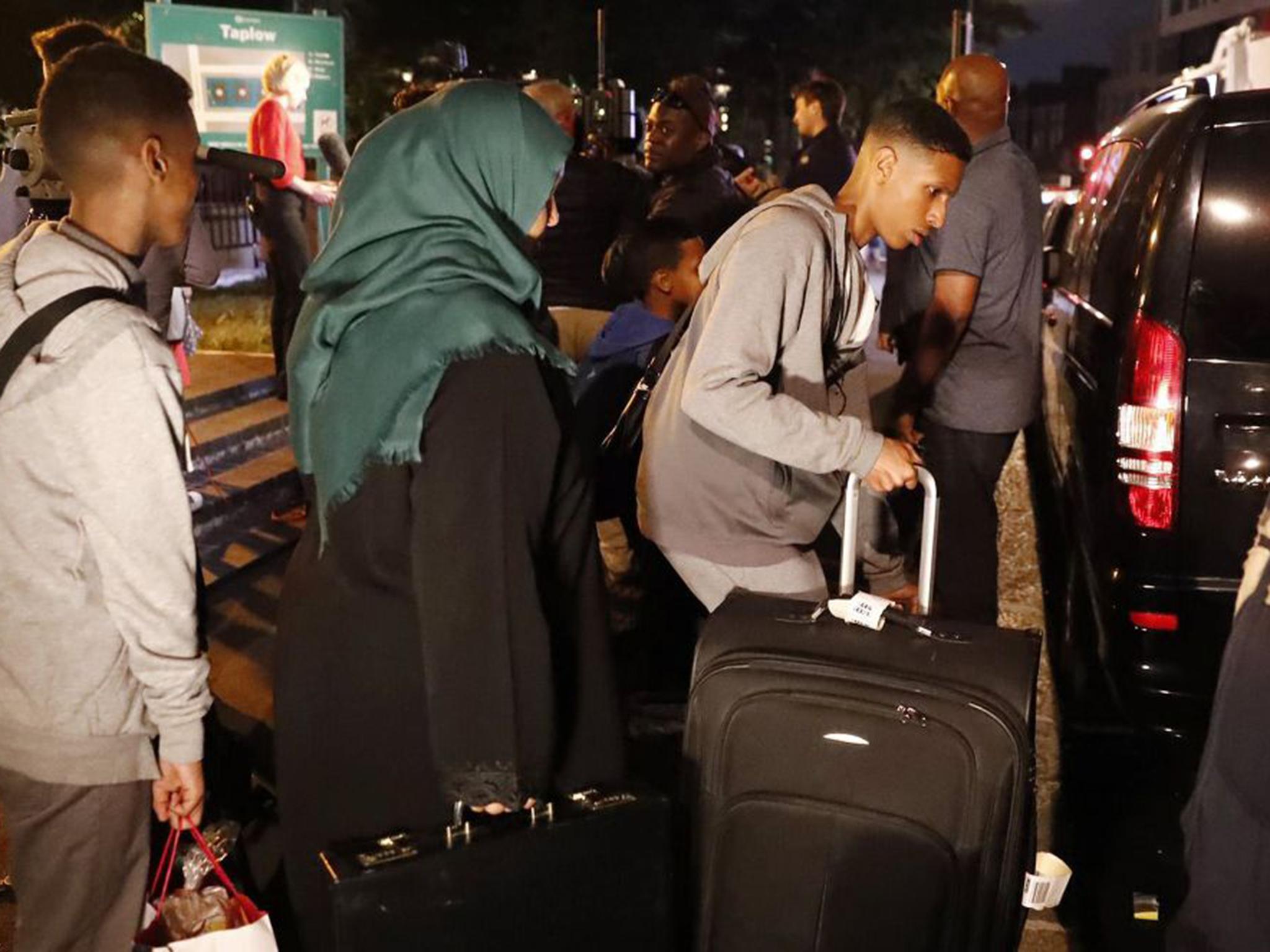Finally, everyone's paying attention to social housing, but it shouldn't have taken a tragedy to get us here
The 100 per cent fail rate for tower block safety is a damning indictment of how local and national governments have systematically turned a blind eye to the living conditions of the poorest in society


Your support helps us to tell the story
From reproductive rights to climate change to Big Tech, The Independent is on the ground when the story is developing. Whether it's investigating the financials of Elon Musk's pro-Trump PAC or producing our latest documentary, 'The A Word', which shines a light on the American women fighting for reproductive rights, we know how important it is to parse out the facts from the messaging.
At such a critical moment in US history, we need reporters on the ground. Your donation allows us to keep sending journalists to speak to both sides of the story.
The Independent is trusted by Americans across the entire political spectrum. And unlike many other quality news outlets, we choose not to lock Americans out of our reporting and analysis with paywalls. We believe quality journalism should be available to everyone, paid for by those who can afford it.
Your support makes all the difference.In the past fortnight the country has struggled to deal with a deepening civil emergency in the wake of the Grenfell Tower fire, exposing systemic issues with social housing in this country.
The BBC journalist Matthew Price remarked after reporting on the tragedy that he’d seen better organisation after earthquakes and terrorist attacks around the world. The UK has little experience of disaster, and the authorities are not coping well with the fire safety crisis that has spread beyond Grenfell and is affecting thousands of people living in tower blocks across the country.
We should be thankful that Britain is not used to disaster, but that doesn’t justify people evacuating their homes in the Chalcots Estate in Camden on a Friday evening, having learnt of the order from watching Sky News, and then being forced to sleep on air beds in a sports hall for the night. Just as local and central governments took several days to get on top of the relief effort after Grenfell, the situation in Camden is far from under control.
Georgia Gould, the new Labour leader of Camden Council, was right to order a mass evacuation of the tower blocks after fire chiefs warned that the safety of 4,000 residents could not be guaranteed. Faced with the choice of following the advice of experts and asking people to abandon their homes, or ignoring the warnings and risking even one life, what would any of us do? What would have happened if a fire had ripped through flats on the Chalcots Estate over the weekend, killing dozens, and it emerged the council had been warned hours earlier that the block was not safe? It was a tough call, but Gould made the right decision. It is the execution that has had shortcomings.
More than 30 tower blocks across the country have been declared unsafe – a 100 per cent fail rate for those tested so far – leaving 14,000 people facing evacuation in the coming days. Why hasn’t Theresa May declared a civil emergency? Where are the daily Cobra meetings chaired by the Prime Minister, as there were when extreme flooding displaced thousands of people in 2007 and 2015? Why hasn’t the Prime Minister appointed a full cabinet minister for housing, with its own budget and department?
The 100 per cent fail rate for tower block safety is a damning indictment of how local and national governments have systematically turned a blind eye to the living conditions of the poorest in society. If one positive thing can emerge from the horror of Grenfell, it is that housing – one of the biggest problems facing our country, yet one of the most ignored by the press and politicians – has become a hot topic and that the people living in potential deathtraps are going to have better homes because these conditions have now been exposed. But the problems go deeper than fire risk: a report by Shelter this weekend shows how the poorest have been left to the mercy of a rampant private rental sector, after the selling off of social housing, and that by 2020 a million households will not have enough housing benefit to cover their rent to private landlords.
Ministers and officials are drawing up the terms of reference for the public inquiry into Grenfell, and it is right that residents and survivors have their say into how 79 people lost their lives in one of our worst peacetime disasters. But the inquiry should widen its scope beyond Grenfell and examine how thousands of people across the country have been left to live in unsafe homes, and how health and safety has become a double standard.
The inquiry needs to look at all issues affecting housing – supply, rent, and, benefits. The Government’s response to Grenfell has been slow, but now is its chance to make amends by improving living conditions for all who rely on the state.
Join our commenting forum
Join thought-provoking conversations, follow other Independent readers and see their replies
Comments